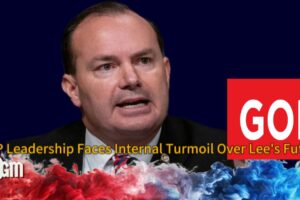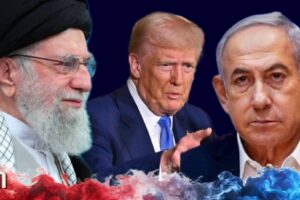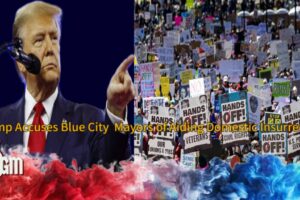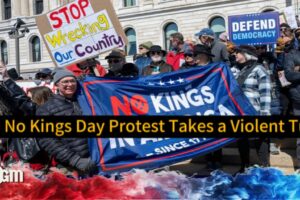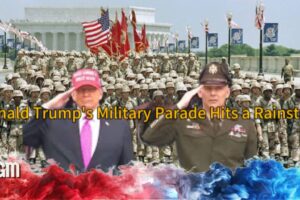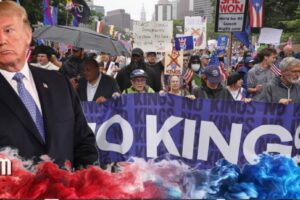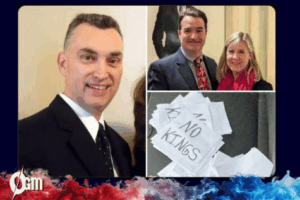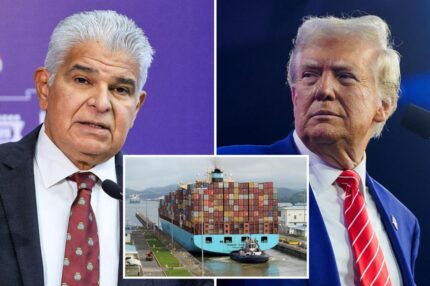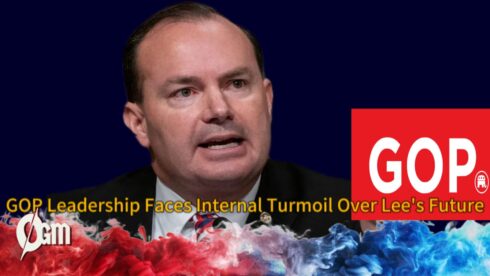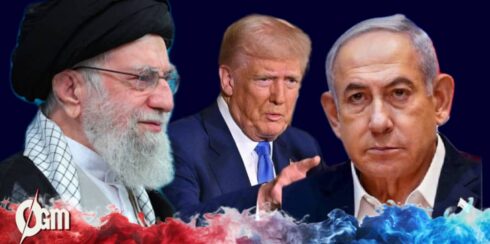Panama’s President José Raúl Mulino has firmly rejected U.S. President Donald Trump’s claim that America intends to reclaim control of the Panama Canal. Trump’s statement, made during his inauguration speech, has sparked diplomatic tensions between the two nations, with Panama asserting its sovereign rights over the vital waterway.
Trump’s Inauguration Speech and Controversial Claim
During his inauguration speech on Capitol Hill, President Donald Trump reiterated a claim he first made in June, suggesting that China controls the Panama Canal and that the U.S. would take it back. Trump’s remarks reinforced his longstanding concerns over China’s influence in global trade and infrastructure projects.
“And above all, China is operating the Panama Canal. And we didn’t give it to China, we gave it to Panama, and we’re taking it back,” Trump stated.
The Panama Canal, a crucial maritime route connecting the Pacific and Atlantic Oceans, was originally built and controlled by the U.S. from 1914 until the final handover to Panama in 1999. Trump’s assertion, however, has no basis in official agreements, as the canal is fully administered by the Panamanian government through the Panama Canal Authority (ACP).
Panama’s Strong Rebuttal and Assertion of Sovereignty
Following Trump’s statement, President José Raúl Mulino issued a swift and categorical rejection, emphasizing that the Panama Canal remains under Panamanian administration with no foreign interference. Mulino underscored the canal’s permanent neutrality and dismissed any claims of Chinese control over the waterway.
“I must fully reject the statements made by President Donald Trump regarding Panama and its Canal during his inaugural address. The Canal is and will continue to be Panamanian, and its administration will remain under Panamanian control with respect to permanent neutrality. There is no presence of any nation in the world interfering with our administration. The Canal is not a concession from anyone,” Mulino declared.
Panama’s response signals a firm stance on its sovereignty and highlights concerns that Trump’s comments could undermine international confidence in the country’s ability to manage the strategic trade route independently. The Panamanian government has consistently reiterated that it upholds fair and transparent management of the canal, with revenues directly benefiting Panama’s economy.
China’s Alleged Involvement and Panama’s Investigation
Trump’s claim about China’s influence over the canal is linked to the operations of Hong Kong-based Hutchison Ports, which manages two key ports at the canal’s entrances—Balboa on the Pacific side and Cristobal on the Atlantic. However, Hutchison Ports operates under the Panama Ports Company (PPC) through a 25-year concession renewed in 2021, and it is not directly owned or controlled by the Chinese government.
To address concerns over transparency, Panama’s Comptroller General announced an audit of PPC, launching an investigation into the company’s concession. On Monday, auditors arrived at PPC offices to conduct a “comprehensive audit aimed at ensuring the efficient and transparent use of public resources.” While this investigation is not directly related to Trump’s comments, it signals Panama’s commitment to maintaining oversight over strategic infrastructure.
Trump’s Accusation of Overcharging U.S. Ships
Another major point of contention in Trump’s speech was his claim that Panama is unfairly overcharging U.S. ships, including those of the U.S. Navy, for canal passage.
“American ships are being severely overcharged and not treated fairly in any way, shape or form, and that includes the United States Navy,” Trump alleged.
The Panama Canal operates on a toll system based on vessel size, cargo capacity, and other factors. The fees contribute to Panama’s economy and the maintenance of the canal’s infrastructure. Since taking full control in 1999, Panama has implemented periodic toll adjustments to keep up with operational costs and global trade demands.
Trump’s comments echo historical grievances about toll policies but ignore the fact that Panama, as a sovereign nation, sets its rates without foreign influence. Analysts suggest that any U.S. attempt to interfere in Panama’s administration of the canal could lead to diplomatic friction and potential trade disputes.
The Panama Canal remains one of the most critical maritime routes in global trade, and its management is a matter of national pride for Panama. President Mulino’s firm rejection of Trump’s claim underscores Panama’s sovereignty and its commitment to maintaining control over the waterway. While concerns over Chinese influence persist, there is no evidence to suggest that China operates or controls the canal. The ongoing audit of PPC may bring further scrutiny, but Trump’s statements have been widely criticized as misleading. The situation highlights the complex geopolitical implications of global trade infrastructure and the importance of maintaining diplomatic dialogue between the U.S. and Panama.
Global Reactions and Trump’s Expansionist Vision
Trump’s comments have drawn mixed reactions, with former U.S. Ambassador to Russia Michael McFaul questioning the contradiction between Trump’s claims of being a “peacemaker” and his push to reclaim the canal. McFaul argued that such rhetoric undermines diplomatic stability and international agreements.
Beyond the Panama Canal, Trump has previously expressed interest in acquiring Greenland, the autonomous Danish territory, a proposal Denmark firmly rejected. In his address, he reiterated his vision for a more expansionist U.S. strategy, stating: “The United States will once again consider itself a growing nation, one that increases our wealth, expands our territory, builds our cities, raises our expectations, and carries our flag into new and beautiful horizons.” This statement signals a potential shift toward aggressive territorial and economic policies, raising global concerns over U.S. foreign relations in the years ahead.


